In secondary school, our literature-in-English teacher taught us the elements of drama. These are characters, plot, setting and symbolism. That came to my mind watching the drama that surrounds the nomination and would-be screening of the 21 names President Muhammadu Buhari sent to the Senate on September 30. Surely, all these elements are present as we await our ministers nearly five months after the president took the oath of office. I still stand by what this column said some weeks back that left to our president, there might be no ministers, but the constitution does not permit that, especially when you juxtaposed that with his unfortunate statement that ‘ministers are noise makers’.
Further, a quick scan of the 21 names would show that nearly all of them have been in public glare and you wonder why the APC-led government took 16 weeks to clobber such household names together. Indeed, as a commentator said, that list could have been handed over at the Eagle Square on May 29. It is equally baffling that the president did not provide the 36 names mandated by the constitution but merely said the remaining 15 names would be submitted later. What better drama than that, folks? In addition, just take a look again at the picture of the chief of staff and the special adviser on National Assembly giving the list to the senate president at exactly 5pm on the last day of the month. Even the best playwrights cannot write better plays full of suspense like we are witnessing.
By the way, a pattern is emerging in which the president keeps all his cards to his chest and releases one whenever the heat is on his government so as to keep Nigerians busy discussing his actions. No doubt, Buhari is mastering the political game very well. This is further reflected in the meeting he had with the Senate leadership and the open wooing of the PDP senators by Buhari’s eye in the Senate, Ita Enang, a former senator. With his spokesmen, he has reiterated the constitutional duty of the Senate to not only screen the ministers, but also make its own rules for the screening. And for those who think that the list can be rammed down the throats of senators, just read the constitution very well even with all its inconsistencies.
Let’s go to another setting in the drama, the Senate. I’m sure quite a lot of Nigerians are rethinking their opinions about it, as its importance becomes clearer. Maybe we would reflect this more by paying greater attention to subsequent elections to the senate. No matter the political party one belongs or the party caucus, a normal action in a sane environment would be for the senate president, Dr. Abubakar Bukola Saraki to step down as the president pending the determination of the case against him at the Code of Conduct Tribunal. Whether it is witch-hunting or politics, we should not have someone presiding over a serious process like screening of ministers who has allegations against him in the performance of his duties as a public official. Saraki and his supporters might not agree, but he is incapacitated in discharging his constitutional duties as senate president. In a crude political arena like ours, his present predicament makes him either vulnerable to political IOUs or prone to vindictiveness against perceived political foes. He takes the shine off the seriousness of the exercise, as he should not be main attraction.
Advertisement
Much has also been said about the propriety or otherwise of a rule by the senate that at least two senators from a state must support the nomination of a nominee before the person could be confirmed. Again, the senate makes its own rule in such matters and how come the rule was accepted in a chamber where APC has the majority? Confirmation hearings worldwide are political and ours cannot be different especially considering our political development. Some have said that the nominees are going to serve the nation and so why must two senators support the nomination forgetting that they were nominated because of their states. Nearly two weeks ago, Education Secretary Arne Duncan stepped down in the United States and President Barrack Obama decided against nominating a successor because but only asked someone to oversee the department because of a “potential clash with Senate Republicans over his education policies as his term draws to a close,” in confirmation hearing, according to an Associated Press story. That’s for a government that is in its twilight days.
Part of the drama is also the call by the Ekiti State Governor, Ayo Fayose, that the state senators should support the nomination of Kayode Fayemi just as the Rivers State senators are opposing the nomination of Rotimi Amaechi. Both actions are nothing short of the antics of politicians with eyes on the next elections. Grab a seat and let’s see how the confirmation goes from Tuesday, October 13.
Advertisement
Views expressed by contributors are strictly personal and not of TheCable.
1 comments
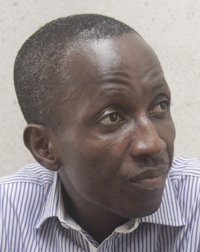
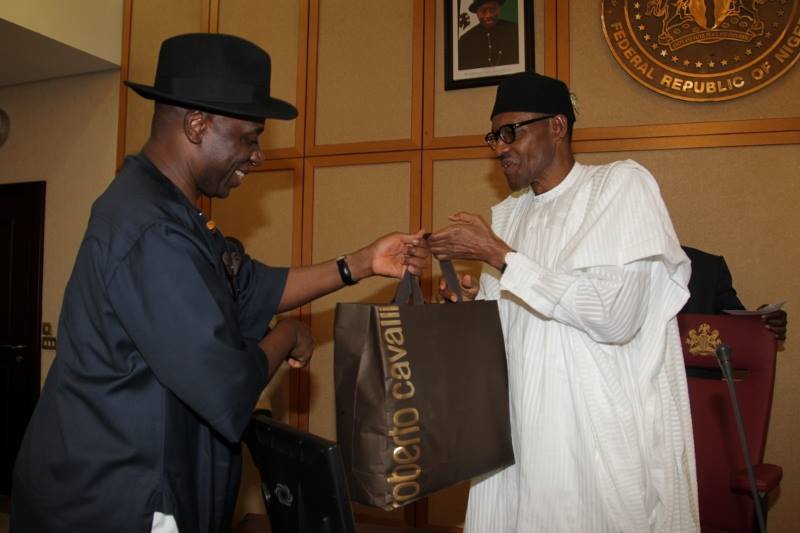
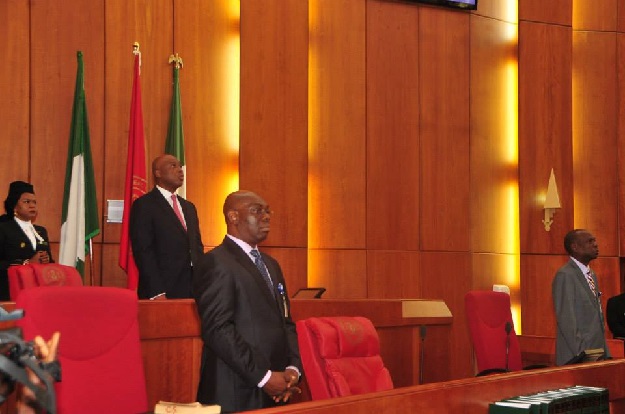
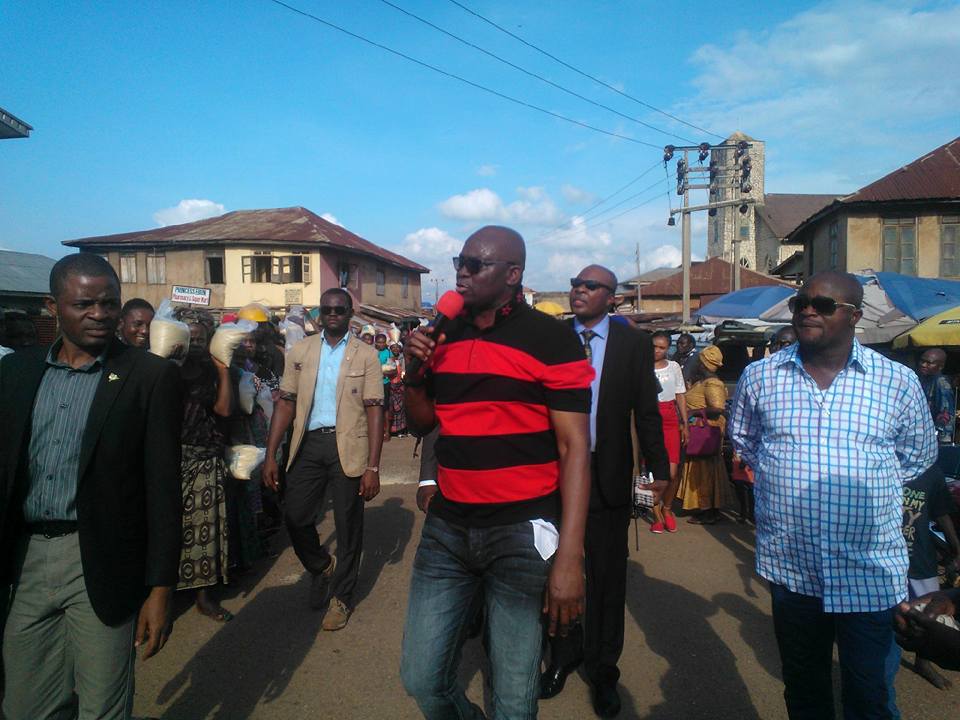
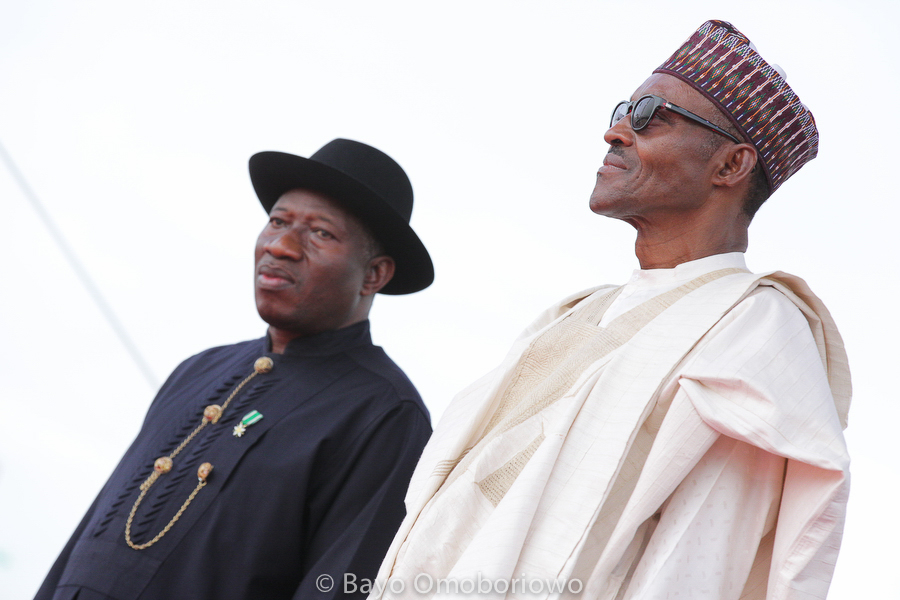
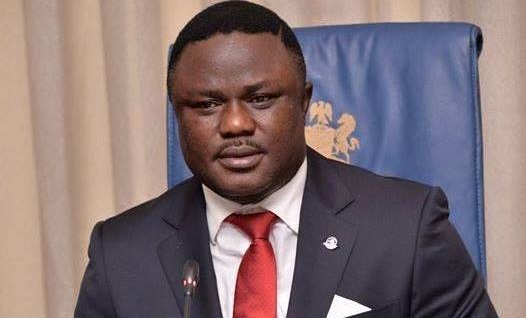
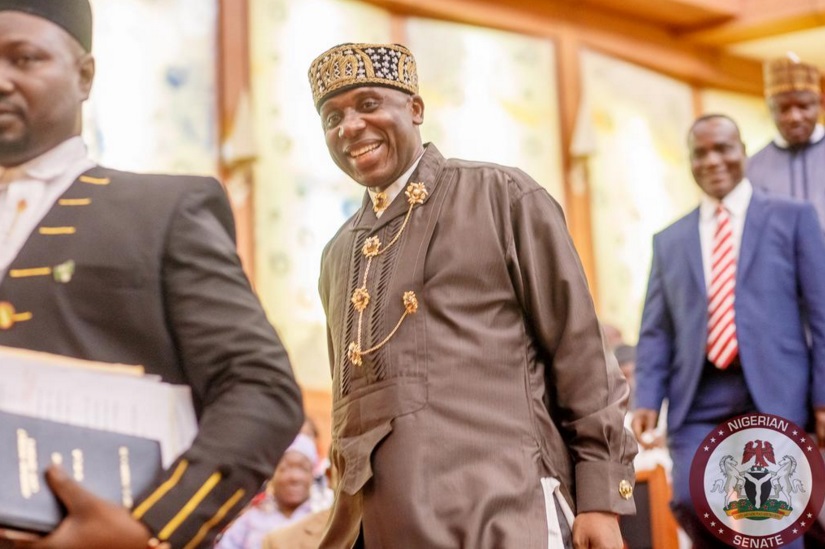
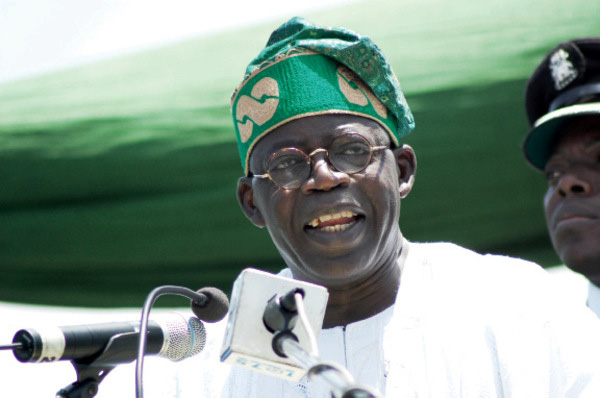
Indeed if Nigerians expect that the process will be free of politicking, then they are the most gullible people.